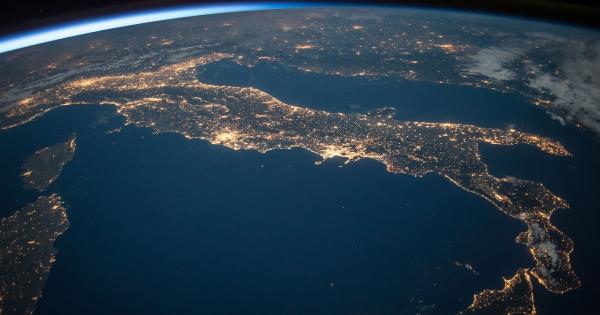As humanity expands its reach in the exploration of the universe, it brings along with it the complexities of human emotions and relationships. In the vastness of space, far from the distractions of earth, romantic feelings can blossom.
However, in zero gravity, such relationships can pose unique challenges that make them controversial and even forbidden.
Regulations in Space
Space agencies have stringent regulations in place for the conduct of their personnel in outer space. These regulations govern professional behavior as well as personal conduct. One such aspect is intimate relationships between colleagues.
These regulations aim to prevent conflicts of interest, breaches of confidentiality, and distractions that could affect mission outcomes. Space agencies consider these regulations vital for maintaining operational safety, ethics, and professionalism.
Challenges of Relationship in Zero Gravity
The conditions of space travel and living can make romantic relationships between space travelers complicated. Many physical changes occur to the human body in zero gravity that can affect personal hygiene and also emotional and mental states.
Astronauts experience a significant decrease in bone density, muscle mass, and cardiovascular strength. This decrease in strength can make even simple activities challenging. Crew members also experience separation, isolation, and confinement from their earthbound lives and loved ones.
Furthermore, relationships in zero gravity do not have the same privacy and intimacy as on Earth. Personal space is limited, and two individuals will always be in close proximity.
The absence of gravity also makes it difficult to draw boundaries and provides no escape from an unwanted situation. Finally, any conflicts or disruptions can have a severe impact on the entire mission, threatening the safety of the entire crew.
Stories of Love and Controversy in Space
Despite the challenges, stories of love and romance in space are not uncommon. In the 1980s, NASA astronaut Story Musgrave proposed marriage to fellow astronaut Rhea Seddon while in orbit aboard the crewed space shuttle Challenger.
NASA responded by toughening its rules on inter-astronaut dating to prevent conflicts of interest and relations that could jeopardize a space mission.
In 2007, Lisa Nowak, a NASA astronaut, was charged with the attempted kidnapping and assault of her ex-boyfriend’s new partner. The incident occurred shortly after Nowak returned from a space mission to the International Space Station.
Nowak’s case brought unwanted attention to NASA’s discipline, contract clauses, and screening program for astronaut candidates.
However, not all love stories in space end in controversy. In 2014, NASA astronaut Barry “Butch” Wilmore surprised his wife with a Valentine’s Day gift from the International Space Station.
He created a heart-shaped coasters using toothbrush bristles to show his love from space. His gesture went viral, capturing the hearts of people worldwide and showing how space can magically bond people across vast distances.
Redefining Policies on Human Relationships in Space
As humanity’s reach in space expands, so does the scope of human emotions and relationships. Experts are now questioning whether the policies on intimate relationships between colleagues in space are relevant or outdated.
The astronaut crews of the future could be international and even multidisciplinary, further complicating the enforcement of these regulations. Interpersonal relationships will inevitably develop, and enforcing strict regulations could stifle the humanity that defines us.
Instead, space-travel agencies might consider taking an open-minded approach that balances human bonding and the need for professional conduct.
Crews of the future could receive training that covers different aspects of personal relationships and agrees to be transparent and respectful in their conduct. The goal would be to have a crew that can be effective and professionally conduct itself, even when romantic feelings develop. Such an approach would strike a balance between professionalism and the realization of the human need for emotional bonding.
Conclusion
Space is a unique environment, and romantic relationships between space travelers will be challenging to manage. However, the potentials for fostering close bonds between space-travelers as they explore the unknown should not be ignored.
While the current policies seek to ensure professionalism, preserving the human need to bond emotionally should prevail. With the proper training and conduct guidelines, relationships in zero gravity can also be beneficial to the individual and the mission.


























